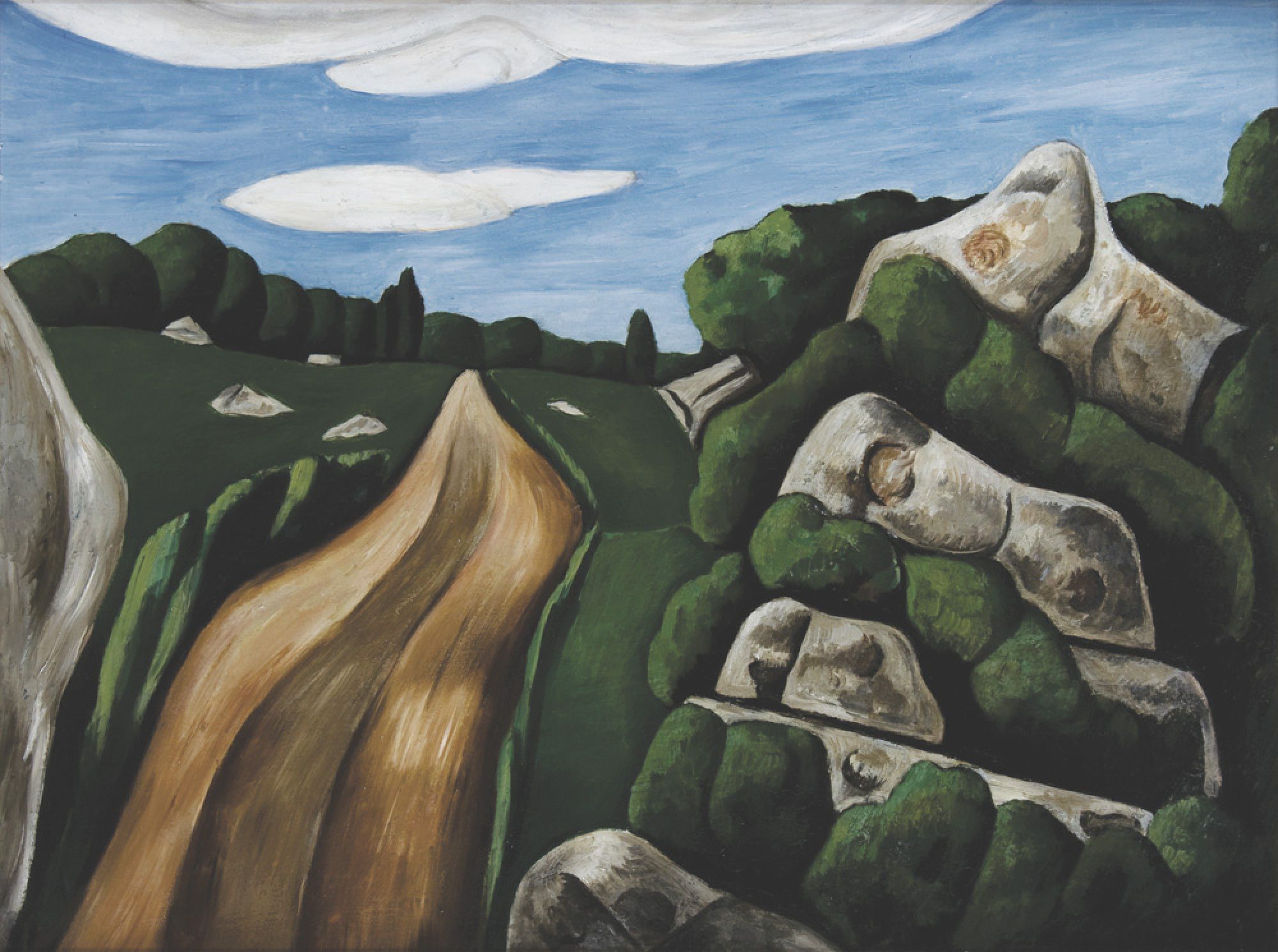
The Making of the Rocky Neck Historic Art Trail
Early in 2009, the Rocky Neck Art Colony officially unveiled the first phase of its ongoing Historic Art Trail project, a series of downloadable, printable PDF pages linked to its own and a number of partnering organizations’ websites. The Trail maps for visitors and arts connoisseurs fifteen contemporary sites associated with some of the most important artists who painted in and around Rocky Neck between 1850 and 1950, including Winslow Homer, Fitz Henry Lane, A.W. Buhler, Frank Duveneck, etc. Many of the views painted on Rocky Neck are spectacularly preserved and accessible to the public today. By viewing the Historic Art Trail web pages, visitors can find the locations from which these painted views can still be seen, compare the painted and actual views today and experience for themselves the specific topography that gave rise to the artistic inspiration. In 2019 the Historic Art Trail was updated to a Walking Tour with Google maps that can be followed by Smart Phone.
Rocky Neck, home of America’s Oldest Working Art Colony, has figured prominently in the history of American art. Rocky Neck artists have become some of the most celebrated in cultural history, the focus of major exhibitions and publications. Rocky Neck scenes on painters’ canvases now hang in major museums all over the world. Many of the views remain remarkably unchanged and are instantly recognizable as scenes depicted in the paintings. The buildings housing the former workspaces in which the art was created are also often unchanged. By providing map, driving directions, and current photographs, the Trail equips the public with the tools needed to find and experience in person these historically significant sites over the course of a leisurely afternoon walk.
The Trail is the product of months of planning and effort by a broad cross-section of dedicated people and partnering organizations. Much of the initial research about the area was done by Ted Tysver, the highly knowledgeable resident historian of the North Shore Art Association. More recently, author and art historian Judith Curtis, in her authoritative history, Rocky Neck Art Colony 1850-1950, published in April of 2008 by the Rocky Neck Art Colony, brought together facts and images in such a way to secure definitively the reputation of Rocky Neck within the annals of American art history. With the Curtis book having put Rocky Neck “on the map,” the Rocky Neck Art Colony, its president John Mullen and Executive Board, over the course of 2007-2008 provided the support for Art Colony volunteers Marcia Hart, James B. Hand, Carol Ann McKay, Amanda Nash, Mary Rhinelander McCarl, Amy Bell Ross and Sally Smith to complete the research and editorial tasks required to develop and publish the first series of Trail pages. The execution of the first phase of the Trail project, however, could not have been accomplished without the creative leadership and dedicated craft of graphic designer, Stephen Bridges of Bridges Design in Gloucester and web designer Judy Robinson-Cox. Nor could it have been brought to fruition without a generous partnership grant from the Essex National Heritage Commission and the support of Rocky Neck Art Colony’s partner organizations in this Historic Art Trail project: Beauport, Sleeper-McCann House, Historic New England; Cape Ann Museum; City of Gloucester; Road Scholar; Gloucester Committee for the Arts; Gloucester Historical Commission; Gloucester Stage Company; North Shore Arts Association; and seARTS (Society for the Encouragement of the Arts).
